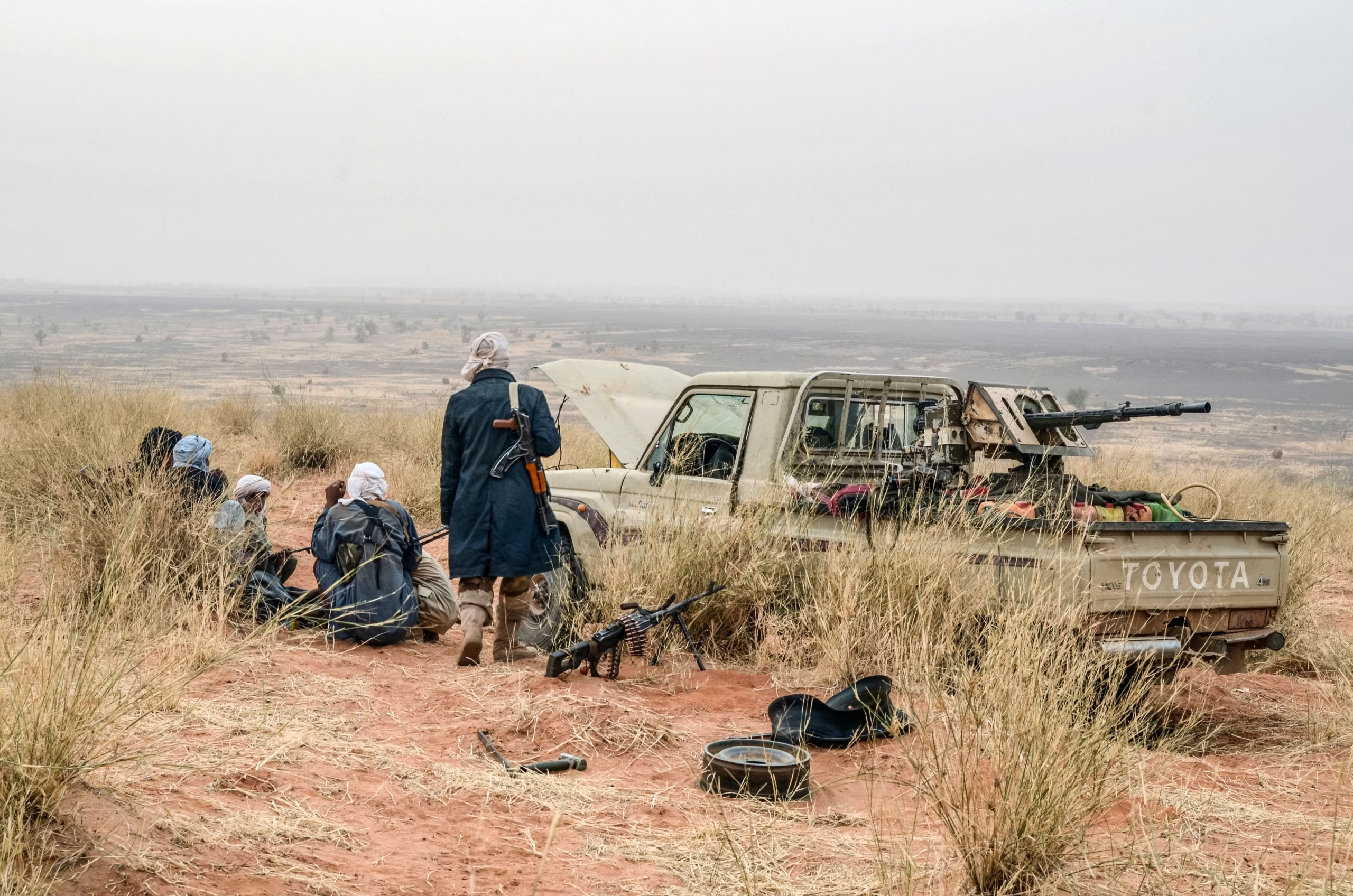
Security tensions remain high along the Senegal-Mali border after reports of an attack on a convoy of Senegalese pilgrims en route to the annual Magal de Touba. On July 1, the Diboli border post, located less than two kilometers from Kidira, was targeted in a deadly assault claimed by the Group for the Support of Islam and Muslims (JNIM).
The incident reignited fears among transporters who rely on this crucial route, highlighting the fragility of security in the region.
Amid this heightened alert, the iGFM news website published an article citing a testimony that a bus carrying approximately 70 Senegalese from Abidjan had come under attack near Diéma, Mali, close to the Senegalese border.
According to the report, the initial alert came from the driver of a guide vehicle accompanying the bus, who claimed an armed assault occurred.
The testimony stated that the Senegalese ambassador to Côte d’Ivoire was contacted, who assured follow-up with Malian authorities to verify the incident.
Following the publication, Harouna Fall, a journalist with iGFM, was summoned by Senegal’s Criminal Investigation Division (DIC). Colleagues on social media linked the summons directly to the online article, underscoring the sensitivity of Senegalese authorities to potential misinformation regarding terrorist activity in the border region.
The case has sparked discussion on the challenges faced by journalists reporting on security matters. Rapid dissemination of information can alert authorities and the public to potential dangers, yet unverified reports risk causing panic or legal repercussions.
“Excessive caution can delay a useful alert, while hasty publication can expose one to sanctions or amplify false news,” media observers noted.
With the Magal de Touba just two days away, drawing millions of worshippers, the interplay between media vigilance and road security is under intense scrutiny. Authorities and journalists alike face the delicate task of ensuring public safety while upholding the right to inform.



